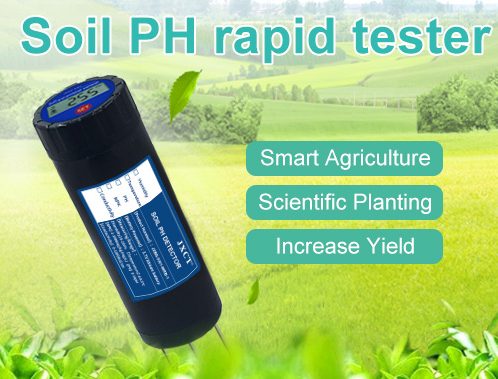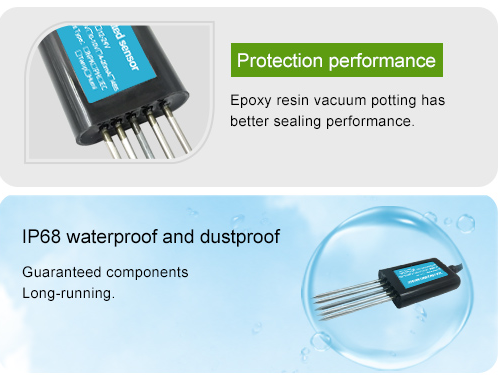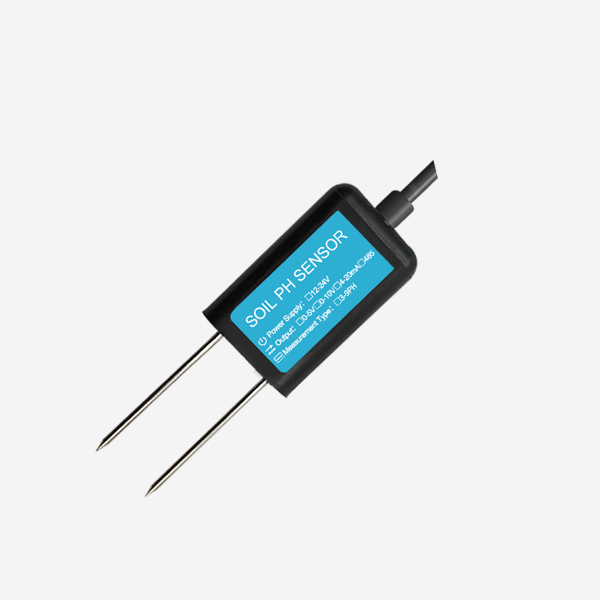In recent years, the agricultural sector has witness a remarkable transformation with the introduction of soil pH sensors. These innovative devices have revolutionized the way farmers assess and manage soil acidity, leading to improved crop yields, sustainable farming practices, and environmental stewardship. This article delves into the impact of soil pH sensors on agriculture, their benefits, and the future implications of this groundbreaking technology.
Introduction to Soil pH Sensors

Soil pH sensors are electronic devices that measure the acidity or alkalinity of soil. These sensors utilize various techniques such as electrochemical, optical, or ion-selective methods to provide accurate and real-time measurements of soil pH levels. By offering precise data on soil acidity, farmers and agricultural experts can make informed decisions regarding soil amendment, fertilization, and crop selection.
Benefits of Soil pH Sensors
The integration of soil pH sensors into agricultural practices has yielded a multitude of benefits. Firstly, these devices enable farmers to assess and monitor soil pH levels with high precision, allowing for targeted soil amendment and lime application to optimize pH levels for specific crops. This targeted approach to soil management results in improved nutrient availability for plants, leading to healthier growth and increased yields. Additionally, soil pH sensors facilitate the identification of acidic or alkaline soil areas within fields, enabling farmers to implement localized soil treatments, thereby reducing input costs and minimizing environmental impact. Overall, the utilization of soil pH sensors has led to enhanced soil fertility, improved crop quality, and sustainable agricultural practices.

Impact on Sustainable Agriculture
The adoption of soil pH sensor https://jxctiots.com/has played a pivotal role in promoting sustainable agriculture. By enabling precise soil management and nutrient optimization, these devices contribute to the conservation of resources and the reduction of environmental impact. Furthermore, the efficient use of soil amendments and fertilizers through the data provided by soil pH sensor aligns with the principles of sustainable agriculture, fostering long-term viability and environmental stewardship. As a result, the integration of this technology has led to a significant shift towards sustainable farming practices, benefitting both the environment and agricultural communities.
Future Implications and Advancements
Looking ahead, the future implications of soil pH sensor in agriculture are vast and promising. With ongoing advancements in sensor technology and data analytics, soil pH sensor are expected to become even more accurate and efficient, providing farmers with increasingly precise information for decision-making. Furthermore, the integration of soil pH sensor with precision agriculture techniques and digital farming technologies will further enhance the optimization of soil management and crop production. Additionally, the utilization of big data and machine learning in conjunction with soil pH sensor holds the potential to revolutionize soil health monitoring and decision support systems in agriculture, paving the way for data-driven and sustainable farming practices.
Case Studies
Many case studies and success stories demonstrate the impact of soil pH sensors on agricultural productivity. For example, studies on corn farms in the Midwest showed that the implementation of soil pH probes increased corn yields by 20 percent, thanks to soil pH detectors. Similarly, in regions with historically acidic soils, such as parts of Southeast Asia, the use of soil pH probe has enabled farmers to effectively neutralize soil acidity, leading to improved crop growth and reduced reliance on chemical inputs. These success stories underscore the transformative potential of soil pH probe in diverse agricultural settings.
Conclusion
Soil pH probe have become a transformative technology in the agricultural sector, revolutionizing the way farmers manage soil acidity and optimize crop production. The integration of these devices has led to sustainable farming practices, increased productivity, and resource efficiency. As advancements in technology continue, the future implications of soil pH sensors in agriculture are poised to further enhance the industry’s sustainability and resilience. With ongoing research and development, coupled with targeted support for farmers, soil pH probe become are set to play a central role in shaping the future of agriculture, ensuring food security and environmental stewardship for g
